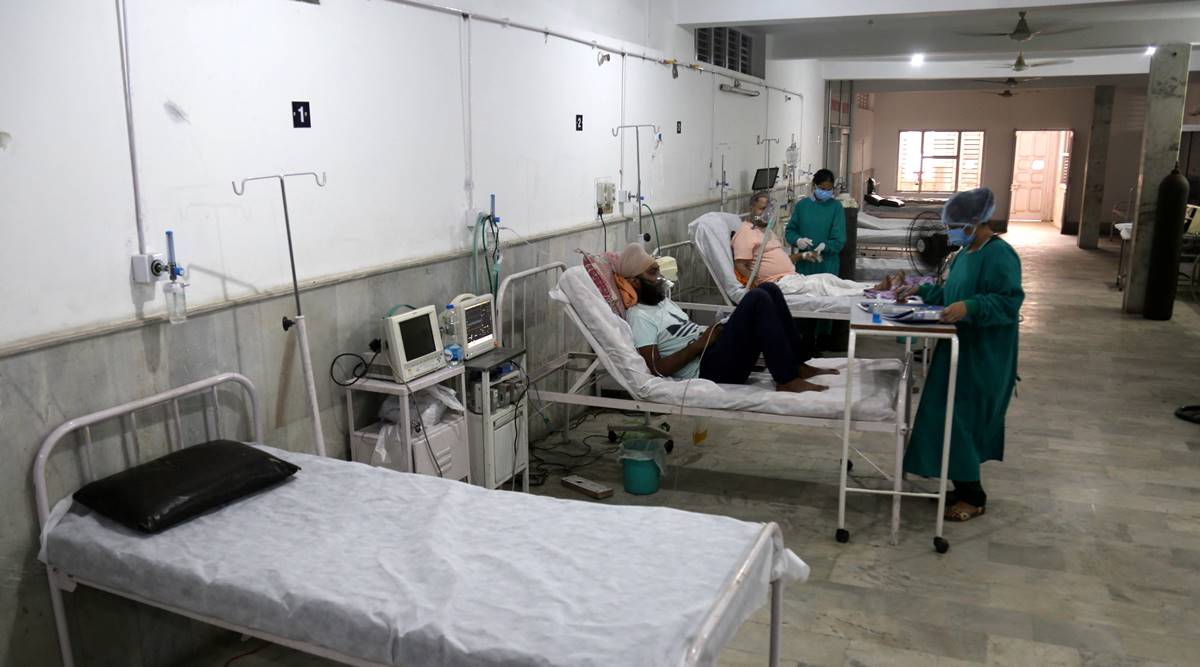
Categorical Information Service
HIRUVANANTHAPURAM: For many years, the phrase ‘planter’ would deliver up the picture of an ‘prosperous farmer’ within the minds of individuals. For the plantation sector was essential to making sure a livelihood for among the most marginalised and weak sections of the inhabitants within the excessive vary areas. Plantation crops are cultivated in 7.12 lakh hectares throughout Kerala, which varieties 27.5% of the full cultivated space within the state.
For the previous couple of many years, nevertheless, the sector has been struggling to remain afloat due to causes together with rising enter prices, local weather vagaries and the implementation of the ASEAN settlement, following which the costs of home agriculture merchandise declined. Be it espresso, tea, cardamom or rubber, the sector has solely tales of losses to inform.
In accordance with the Affiliation of Planters of Kerala (APK), the present worth of manufacturing of plantation crops is round 46% of the corresponding worth in 2012-13. Rubbing salt into their wounds, the lockdown was enforced in successive years. As an illustration, the pandemic has worsened the plight of espresso growers within the state which contributes round 16% of the full espresso manufacturing within the nation, with the European market accounting for two-thirds of this.
Thomas Jacob, former chairman of APK, stated he used to press into service round 1,100 espresso bean pluckers, principally migrant staff, each season. This time, he might make use of solely 600-700 labourers for harvest resulting from a scarcity of staff. “In consequence, there was a drop of round 100 kg of espresso beans per hectare,” he stated.
Prasanth Rajesh, the president of the Wayanad Espresso Growers Affiliation, stated the droop in demand and the resultant worth crash has dashed the hopes of growers. If one kg of espresso beans fetched round Rs 150 a decade in the past, now it’s right down to Rs 124 per kg. Originally of the present season, the value hovered round Rs 115/kg and 70% of the produce was offered then as a majority of small and medium growers can not afford to carry their shares. Whereas enter prices have witnessed a year-on-year hike, the value of espresso has been sliding within the reverse proportion. The typical yield per acre is 350 kg, though there are plantations which yield over 750 kg of espresso beans, for which the price of operation is exorbitantly excessive and the enter price would vary from Rs 50,000 to Rs 60,000 per acre. “It’s tough meet the enter bills with beans priced at Rs 124 per kg,” Prasanth stated.
Additional, there isn’t any crop insurance coverage for growers as espresso just isn’t included in Pradhan Mantri Fasal Bima Yojana. Although the state is offering a danger protection, it’s inadequate to compensate the chance in case of any exigency, the growers stated.“The standard of espresso beans produced within the state is among the most interesting on the planet as it’s grown at a excessive elevation. However to faucet the worldwide market, the post-harvest processing of espresso beans must be raised to worldwide requirements. It requires higher funding within the sector,” stated Thomas.
Growers within the state presently promote their produce with none processing like washing of espresso beans. “They will’t make the enterprise worthwhile with none worth addition. However small and medium growers can not afford establishing processing crops. Although the state just isn’t ready to speculate, a well-defined plantation coverage and an investor and plantation pleasant local weather would deliver funding from personal gamers,” Thomas stated.
‘NEED CHANGES IN TUNE WITH TIMES’
Within the revised finances, the state has determined to permit crop diversification within the plantation sector, a long-pending demand of planters. P Indira Devi, agri-economist and former analysis director with Kerala Agricultural U, stated the sector wants adjustments in tune with the occasions. “However we must always undertake a research on the ecological impression of recent crops because the state had not too long ago determined to part out bushes like eucalyptus and acacia after their planting led to ecological imbalance,” she stated.









